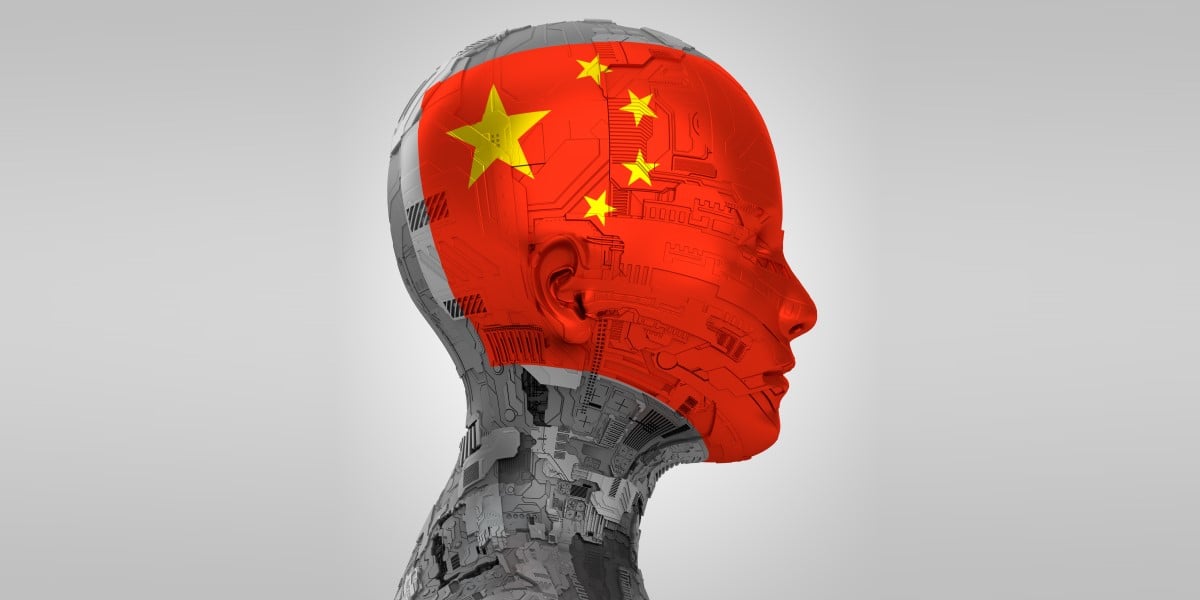
"The Council said Internet+ focused on connectivity to improve production processes. AI+ aims to achieve "a leap from 'information connection and diffusion' to 'knowledge application and creation'," in pursuit of further economic efficiencies and "more comprehensive, systematic, and profound changes to economic and social development." China's plan calls for careful adoption of AI. "When using artificial intelligence to improve the productivity of traditional jobs, we must actively address the risks of algorithmic discrimination and structural unemployment," the State Council recommends."
"Beijing is also aware of the many risks posed by AI - calling out "data poisoning, algorithm blackboxing, and model hallucinations" - and calls for extra work on security. Lawmakers also want to "establish and improve AI technology monitoring, risk warning, and emergency response systems." Spain's government has cancelled a contract with local carrier Telefonica over its use of Huawei equipment. Digital transformation minister Óscar López Águeda reportedly nixed the deal for reasons of "strategic autonomy"."
China unveiled an AI+ policy to move beyond information connectivity toward knowledge application and creation, seeking greater economic efficiency and systemic change. The plan emphasizes careful AI adoption, urging measures to address algorithmic discrimination and structural unemployment when boosting traditional job productivity. Beijing identifies specific risks such as data poisoning, algorithm blackboxing, and model hallucinations, and calls for enhanced security along with AI monitoring, risk-warning, and emergency-response systems. Spain cancelled a Telefonica contract involving Huawei equipment for strategic autonomy concerns. Western Sydney University reported that data stolen in October 2024 and April 2025 attacks has appeared on the dark web.
Read at Theregister
Unable to calculate read time
Collection
[
|
...
]